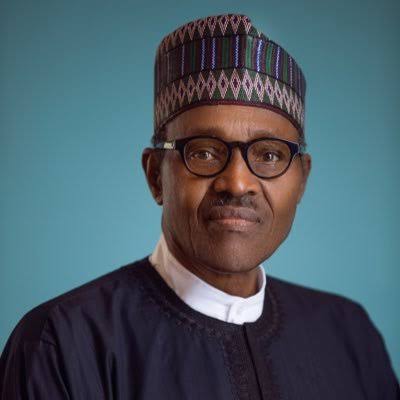Yemi Olakitan
The Federal government’s efforts to make the country self-sufficient in crude oil refining in order to preserve scarce foreign exchange have received a boost as the 650,000 barrels per day capacity has been reached by the Dangote Group.
President Muhammadu Buhari will inaugurate the Dangote Refinery, the world’s largest single-train refinery, on May 22, according to reports.
Reports say, President Buhari would officially open the plant on Monday, May 22.
Dangote Industries Limited had previously intimated that the Lagos refinery might be inaugurated before President Buhari’s term ends on May 29, 2023.
Mr. Anthony Chiejina, Group Chief Branding and Communications Officer of Dangote Industries Limited, denied in a statement that the refinery was one of the projects set to be opened by Buhari during his visit to Lagos in January.
“However, before President Muhammadu Buhari formally leaves office in May 2023, our refinery will be commissioned, and the public will be duly informed and invited to the epic event,” the business reportedly said in a statement.
The Dangote Refinery complex, located in Lagos’ Lekki Free Zone, has a land area of around 2,635 hectares, which is more than the size of Lagos’ Victoria Island.
The refinery is Africa’s largest, as well as the world’s largest single-train refinery.
In contrast to most large refineries, a single-train refinery uses an integrated distillation unit or one Crude Distillation Unit (CDU) to refine crude oil into various petroleum products.
Because of the refinery’s high capacity, its pipeline system is the largest in the world, with 1,100 km of pipeline capable of handling three billion Standard Cubic Feet per day (Scf/d) of gas.
According to the company’s assessment, the refinery includes a 435MW power plant that can supply the complete power requirement of Ibadan Electricity Distribution Company (IBEDC).
When completed, the refinery is anticipated to meet 100% of Nigeria’s demand for all refined products while also having a surplus of each of these goods for export. The refinery was built to treat Nigerian crude, although it can also process other crudes.
It is a multibillion-dollar by initiative that will establish a market for $21 billion in Nigerian crude oil each year.












